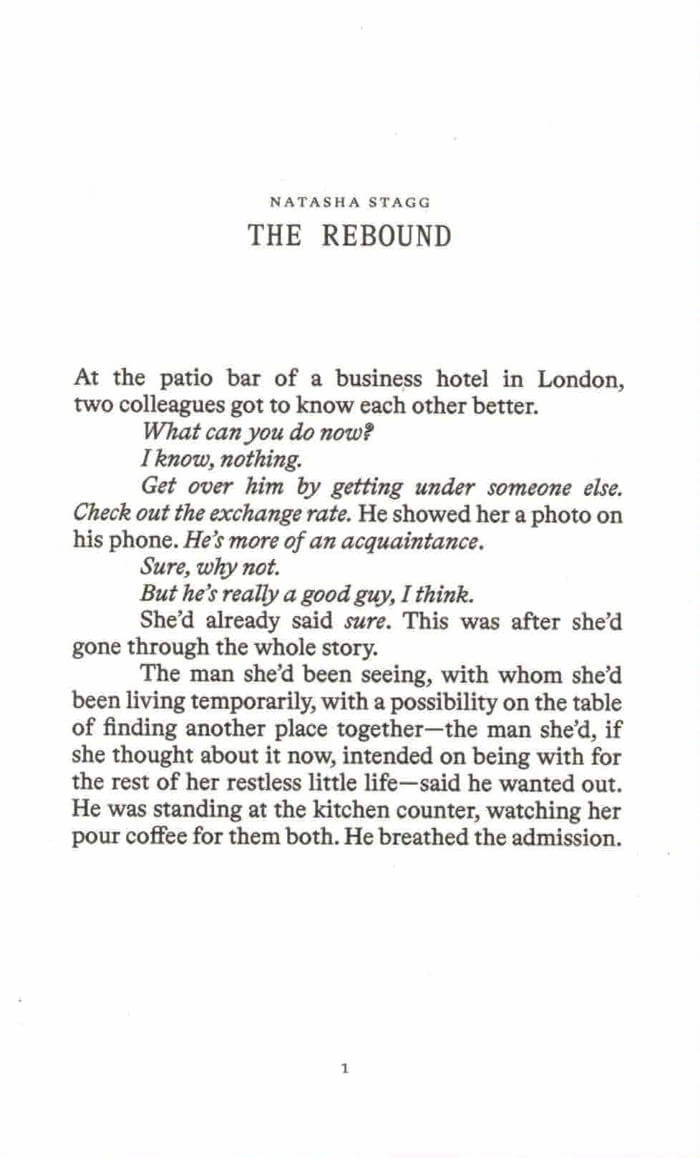
Artless: Stories 2019-2023
Composed of stories, fragmentary essays, and even press releases Stagg has been commissioned to write, Artless captures the media landscape lived and generated in New York during the past half decade. Since the 2016 publication of her debut novel Surveys, Stagg has positioned herself as an in-demand expert on, and critic of, the psychic experience of self-mythology within the cruelly optimistic metaverse of infinite branding. Part voyeur and part participant, Stagg continues her exploration of the branded identity and its elusive, bottomless desire for authenticity.
Natasha Stagg is the author of a novel, Surveys, and a collection, Sleeveless: Fashion, Image, Media, New York 2011-2019. Her essays have appeared in the books Excellences and Perfections, Link in Bio: Art After Social Media, You Had To Be There: Rape Jokes, Intersubjectivity Vol. II: Scripting the Human, and 9th Berlin Biennale for Contemporary Art: The Present in Drag, among others.







